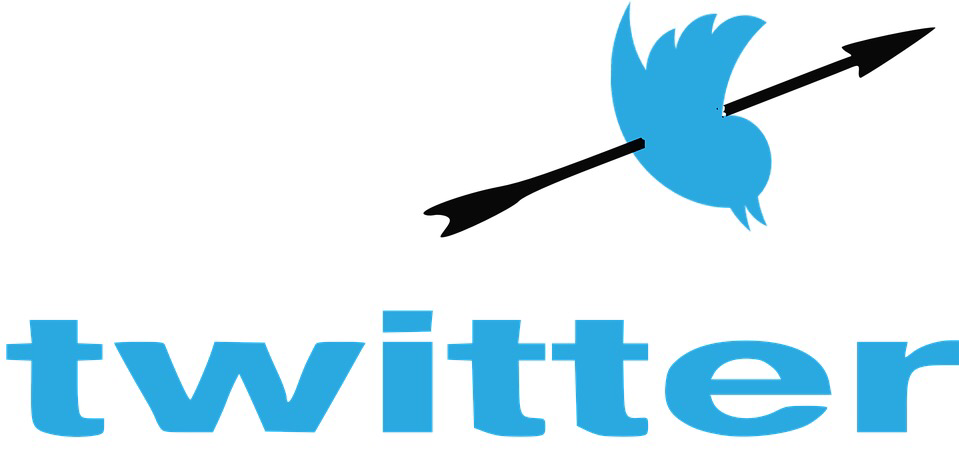What happens if Twitter dies?

It's a serious question.
I started writing a few notes on this, looking for the right framing when Jack Dorsey said at a Twitter shareholder's meeting that "the world needs Twitter."
Perfect. Thanks Jack.
Despite all the changes that are being announced, and the deal to stream live NFL games, investors aren't confident that the network can turn itself around.
Vine is withering and a snarky post over at Pando.com infers that Twitter's share price only rises when the company cancels features rather than launching new ones. This was re-emphasised when two more executives were announced to be leaving, prompting an internal reorganisation.
The stock has been downgraded by some to a "sell" recommendation. No longer worth the investment.
Too 'x' to fail?
In the wake of the global financial crisis we talked about banks being too big to fail - that going out of business would be too catastrophic for the global economy. Now, we could hardly describe Twitter in the same terms but could we argue that it is too culturally important to fail? Or, maybe, too democratising?
Or will there always be something else come along just as there has in the past? Another service waiting to oust the current incumbent and do everything better.
Historically, some will point to the likes of MySpace and Friendster and how they were replaced by Facebook and Twitter, but they just didn't have the same impact and were at their peak when social media, as we now recognise it, was in its infancy - when design was poor and we did not understand the potential.
As it stands, there is nothing out there (and no sign of anything on the horizon) that could replace Twitter. Numerous micro-blogging services have tried to cash in on its success, all have failed.
It is testament to Twitter's strengths that it is still here ten years later - not bad for a "failure."
Some will look at Facebook's dominance, active user numbers, and ongoing growth as an argument that Twitter is not needed, but this illustrates a lack of understanding about exactly what Twitter is.
Yes, Facebook has a massive potential audience but you only have to look at the most popular live video to understand that it is a completely different platform with a completely different purpose. That a feature with such obvious power is used to turn a woman in a Chewbacca mask into a cultural phenomenon is, in a way, quite disturbing but perfectly demonstrates the differing use cases between networks.
Facebook's reliance on its algorithmic news feed (designed solely to make you stay longer by presenting you with more of the things you want to see) is anathema to the raw, real-time nature of Twitter and could never hope to serve as a replacement should the latter disappear.
Value
The "value" of Twitter is so far removed from the price of its shares but, being a public company, its narrative is now defined by the reaction from Wall Street.
Forget the impact and influence on politics, focus on MAUs. Forget how it brings people closer to what matters in the world, concentrate on the number of ads sold.
Going public may have been seen as the natural move at the time, but the apparent conflict between being almost a utility and being listed on Wall Street now seems more a limitation.
If its stock continues to drop and investors lose patience, what happens to Twitter? It is almost impossible to imagine a world in which the network doesn't exist; at what point is a wholesale change required? It's not as simple as saying "Twitter needs to take itself private" - it can't, someone has to own it which would require a significant investment in a company that doesn't make a profit.
If Twitter dies
Despite its comparatively low user numbers, Twitter occupies an unprecedented position in society. Jack's right, the world does need Twitter, or something else like it, to occupy that space.
Facebook, as it stands, could not act as a viable alternative.
It has oft been mulled that Twitter could be bought by the likes of Google and, more recently, various media organisations but this instantly changes that position; no matter what, a company like Twitter has to maintain independence.
If Twitter dies, the freedom, the rawness, and the democratisation it brings must be maintained - something must fill the void.
